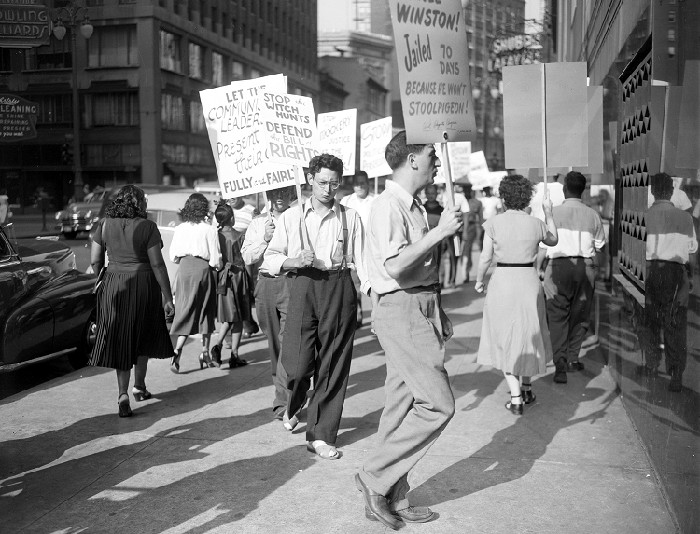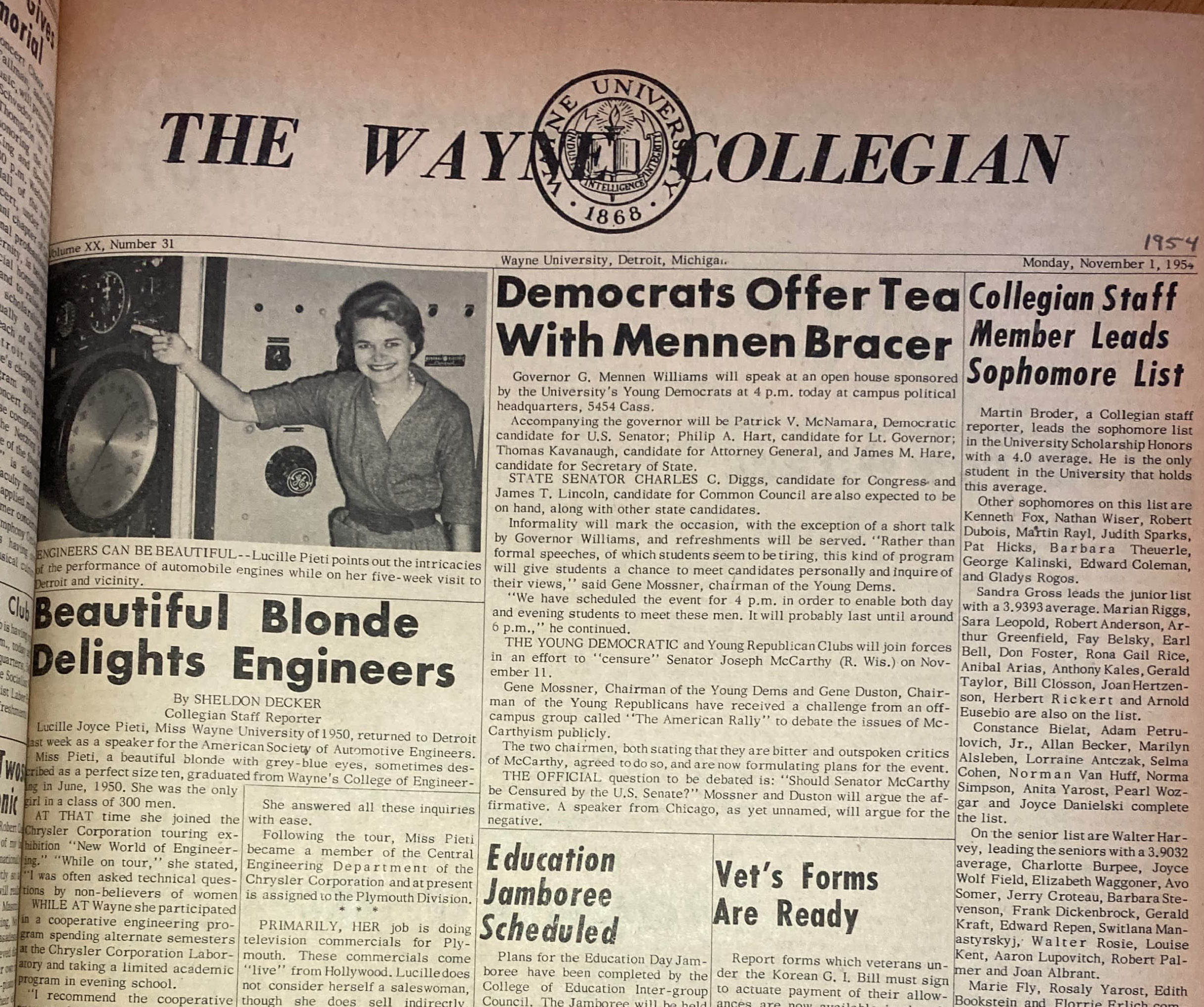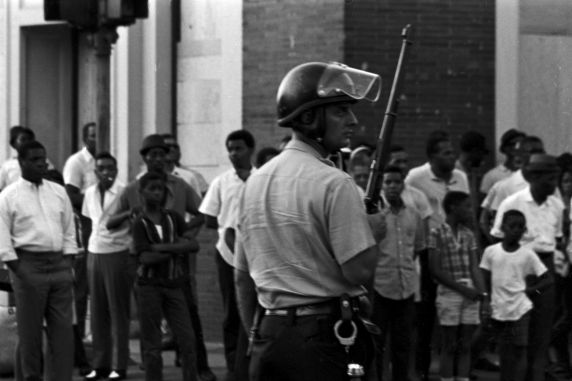Dr. Vincent Haddad explains that while Detroit has often served as the inspiration for crime-ridden settings in comics, DC Comics rose above those stereotypes with black superheroes Amazing-Man in the 1980s series All-Star Squadron and the Cyborg solo series in the 2010s. He describes how those two series represented Detroit and issues of race, policing, and culture in a more historically-informed and nuanced manner.
Haddad is an associate professor of English at Central State University in Ohio, and the author of “Detroit vs. Everybody (Including Superheroes): Representing Race through Setting in DC Comics,” published in Inks: The Journal of the Comics Studies Society.
Related Collections:
Virtual Motor City / Detroit News Photograph Collection
Related Resources:
Detroit vs. Everybody (Including Superheroes): Representing Race through Setting in DC Comics
Episode Credits
Producers: Dan Golodner and Troy Eller English
Interviewee: Vincent Haddad
Music: Bart Bealmear
Podcast: Play in new window | Download | Embed





